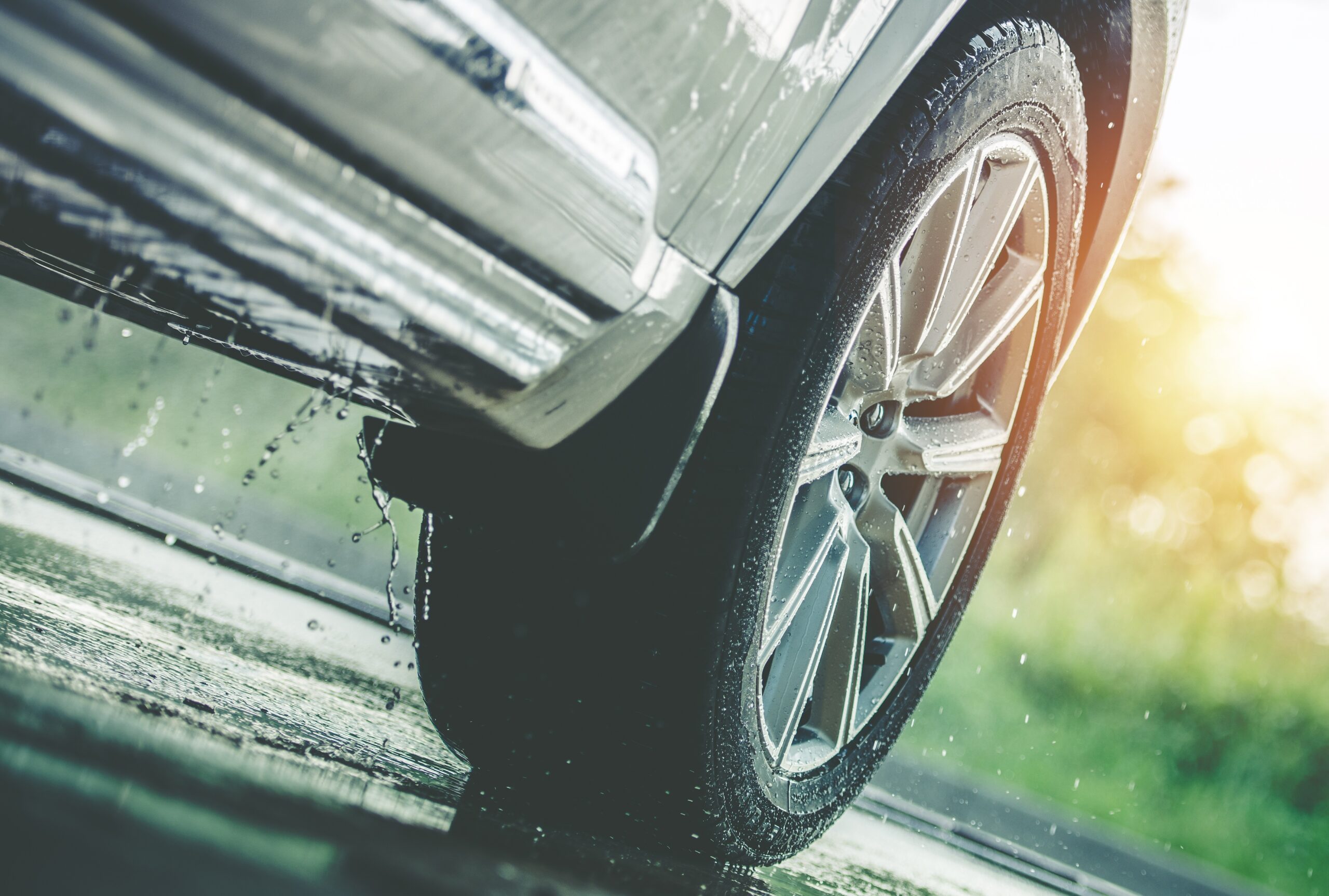Determining fault in personal injury cases can be complex, especially when weather conditions are a factor. Adverse weather can create hazardous conditions that contribute to accidents and injuries. If you have been injured due to adverse weather conditions, it’s crucial to understand your rights and who can face liability for your damages. Please continue reading as we explore what you should know about these matters and how our determined Prince George’s County Personal Injury Lawyers can assist you during these difficult times.
How Can Weather Conditions Impact Car Accident Claims?
Weather conditions can significantly impact personal injury liability, often making it more challenging to determine fault. While the weather itself isn’t considered a direct cause, it can create dangerous conditions that contribute to accidents and injuries.
Maryland’s diverse weather patterns mean motorists face unique hazards throughout the year. As such, weather conditions can contribute to car accidents. Heavy rain, fog, snow, and other adverse weather can severely limit visibility, increasing the risk of collisions due to difficulty in seeing other vehicles or road hazards. Wet and icy conditions can also significantly increase braking distances, making it harder to stop in time to avoid a crash. Excessive water on the road can cause tires to lose traction and hydroplane. This can lead to loss of control of the vehicle.
It’s important to note that in adverse weather, motorists bear the responsibility of adjusting their driving to the conditions. This includes slowing down, increasing following distance, and turning on headlights. If motorists fail to take reasonable precautions during bad weather conditions, they could be found negligent and liable for an accident. Weather reports may be leveraged to demonstrate the impact of weather on the accident and that the motorist could have taken additional precautions.
How Does it Impact Premises Liability Cases?
In addition to collisions, adverse weather can impact premises liability claims. In Maryland, property owners have a responsibility to ensure that areas prone to wetness, such as entryways and walkways, remain dry and free of hazards. This is especially critical during rainy conditions, as wet floors, sidewalks, and parking lots can become extremely dangerous. Failure to take preventive measures, such as posting warning signs or promptly cleaning up spills, can result in legal liability for property owners if someone slips and falls.
Property owners also have a responsibility to ensure their premises are free of items that could become hazardous during strong winds. Loose objects like tree branches, trash, and outdoor furniture can become dangerous projectiles in high winds. Regular property inspections are essential for identifying and securing these potetnial hazards. Failure to secure these items could result in liability. For instance, if garbage is blown over by a gust of wind and causes someone to trip and fall, the owner could be held accountable.
If you have been injured due to weather-related hazards in Maryland, knowing how these conditions affect your case is crucial. Motorists and property owners must address these risks, and if they fail to do so, you may seek compensation for your injuries. At Timian & Fawcett, LLC, we are prepared to help you navigate the complexities of your case. Connect with our firm today to learn how we can fight for you.

